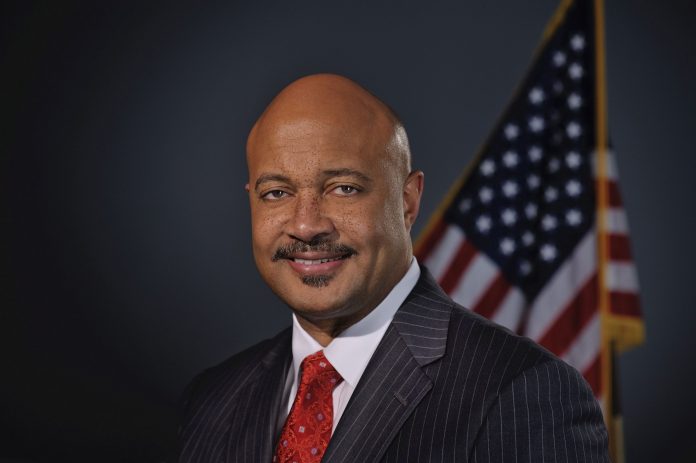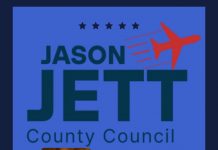Attorney General Curtis Hill is calling on USTelecom and its Industry Traceback Group (ITG) to continue collaborating with state attorneys general by improving technological capabilities to improve enforcement against illegal robocallers. USTelecom is the leading organization representing telecommunications providers.
In a letter sent to USTelecom, Attorney General Hill and a bipartisan coalition including 51 other attorneys general urged the association to further develop robocall traceback and other tools suited to law enforcement needs.
“Every year, our office gets more consumer complaints about unwanted robocalls than just about any other issue,†Attorney General Hill said. “At best, these calls represent a nuisance for families just wanting to enjoy peace and privacy without needless disturbances interrupting their routines. At worst, they represent scams aimed at stealing people’s identities or hard-earned money.â€
Collaboration, Attorney General Hill added, will be a key component of success going forward in stopping illegal robocalls.
“I am eager to continue working with our state, federal, and private-sector partners to improve the lives of all our citizens,†Attorney General Hill said.
The letter asks USTelecom to advance the ITG’s abilities in identifying robocall campaigns, trends and business ecosystems; conducting automated traceback investigations; and coordinating with relevant law enforcement agencies.
A key part of that action would be for USTelecom to develop and roll out an online platform to collect live data from carriers and robocall-blocking apps. When USTelecom or a law enforcement agency detects an illegal robocall campaign, the law enforcement agency would then be able to submit a subpoena to USTelecom in a streamlined online portal.
The process would allow for rapid review by USTelecom and provide law enforcement agencies the ability to expedite subpoena procedures and access the platform to quickly retrieve relevant data. The platform would bolster law enforcement investigations and could potentially lead to attorneys general offices issuing temporary restraining orders that could stop a live robocall campaign in its tracks.
The coalition’s letter follows a January 2020 meeting in Washington D.C. with representatives from state attorneys general offices, federal agencies and the telecom industry. Some priorities developed at that meeting include:
- Automating and increasing the total volume of traceback investigations;
- Alerting relevant law enforcement agencies of suspected illegal robocall campaigns;
- Enabling law enforcement agencies to electronically upload and receive responses to subpoenas and civil investigative demands, and providing swift response to those requests; and
- Identifying noncooperative Voice Service Providers, including those that don’t participate in the traceback process, repeatedly originate or accept illegal robocalls, or repeatedly fail to provide sufficient records.
The coalition believes these measures would strengthen the partnership between the USTelecom-backed ITG and attorneys general, a relationship that led to the creation of the Anti-Robocall Principles. Those principles were established in August 2019 when 51 attorneys general and 12 major telecom providers took aim at reducing the number of unwanted and illegal robocalls reaching the American people.
More recently — and due in part to the support from the telecommunications industry and state attorneys general — the Telephone Robocall Abuse Criminal Enforcement and Deterrence (TRACED) Act was signed into law by the federal government. This law enables the industry to develop call-authentication protocols to combat caller-ID spoofing and implement other sweeping anti-robocall measures.





